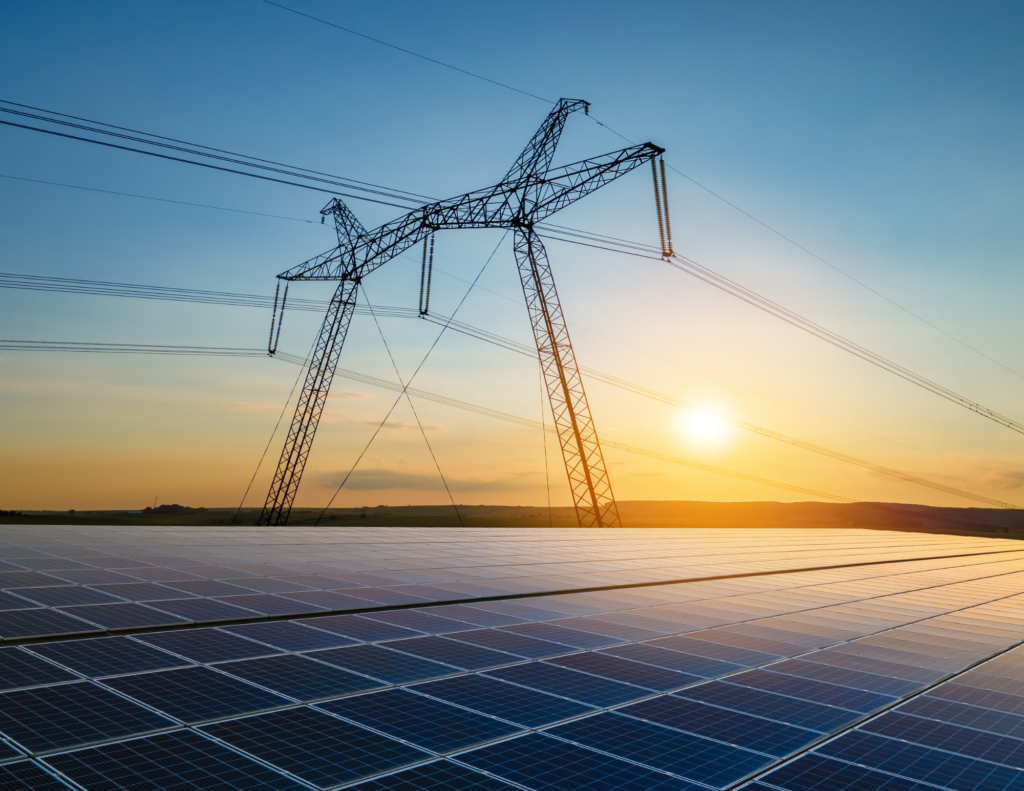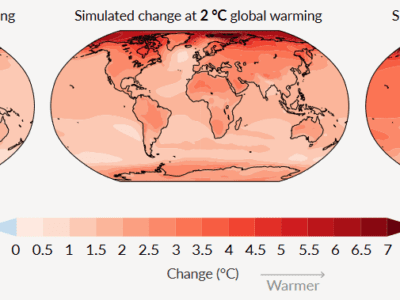Grid Experts Weigh in on EPA’s Power Plant Emissions Rule
The U.S. Supreme Court denied an emergency stay in West Virginia v. EPA, a challenge to EPA’s rule. Our UCLA Law clinic submitted a brief on behalf of grid experts in the case at the D.C. Circuit.

Earlier this year, the U.S. Environmental Protection Agency finalized emissions standards for greenhouse gases from power plants under Clean Air Act, Section 111(d). The rule sets pollution limits for existing coal plants and some new gas plants based on carbon capture and sequestration. In West Virginia v. EPA, a spate of states and industry parties have challenged these new standards.
One argument made by petitioners involves reliability of the nation’s power grid. Now, leading grid experts are weighing in.
Yesterday, Denise Grab, Project Director for the new Emmett Clean Energy Law & Leadership project along with Emmett Institute Fellow Ruthie Lazenby submitted an amicus brief in the case. The brief was submitted on behalf of leading grid engineers and analysts Ric O’Connell, Brendan Pierpont, Benjamin F. Hobbs, Jesse Jenkins, Brendan Kirby, Kenneth J. Lutz, Michael Milligan, Michael O’Boyle, and Matthew Schuerger, each of whom brings a wealth of expertise in grid reliability to bear.
Earlier this week, the U.S. Supreme Court denied an emergency stay in the case, deferring review until after the D.C. Circuit decides the case on the merits. In the order rejecting the stay, Justice Kavanaugh explained, “because the applicants need not start compliance work until June 2025, they are unlikely to suffer irreparable harm before the Court of Appeals for the D.C. Circuit decides on the merits.” This denial heightens the importance of the case in the D.C. Circuit.
Submitted through UCLA School of Law’s Frank G. Wells Environmental Law Clinic, our team’s brief refutes the petitioners’ arguments that EPA’s new rule would jeopardize grid reliability by prematurely pushing coal-powered generation offline and hindering the construction of new baseload gas plants. Our brief explains that nothing in EPA’s Rule will prevent grid operators from using their ordinary methods to ensure the reliable delivery of electricity and describes how a modernized grid has the potential to alleviate, rather than exacerbate, reliability issues. The brief clarifies that wind, solar, and battery storage are increasingly the most cost-effective new resources, while aging baseload coal plants are ill-equipped to provide the flexibility and fast response needed in a modern grid. Finally, the brief highlights that many grid operators around the country have already transitioned to a reliable grid with significant shares of renewable generation.
“In formulating the final rule, EPA conducted multiple sensitivity analyses, consulted extensively with stakeholders, issued a supplemental notice of proposed rulemaking seeking additional information about grid reliability, modified standards in response to stakeholder input, introduced new compliance flexibilities aimed at reliability, and introduced additional reliability mechanisms on top of the Federal Power Act’s emergency reliability mechanism,” the brief concludes. “The Rule is robust, well-considered, and contains safeguards to support grid reliability.”
You can read the brief here.
Reader Comments
One Reply to “Grid Experts Weigh in on EPA’s Power Plant Emissions Rule”
Comments are closed.







“…The brief clarifies that wind, solar, and battery storage are increasingly the most cost-effective new resources, while aging baseload coal plants are ill-equipped to provide the flexibility and fast response needed in a modern grid…”
I am an old power systems Engineer, the above statement is completely false and misleading.